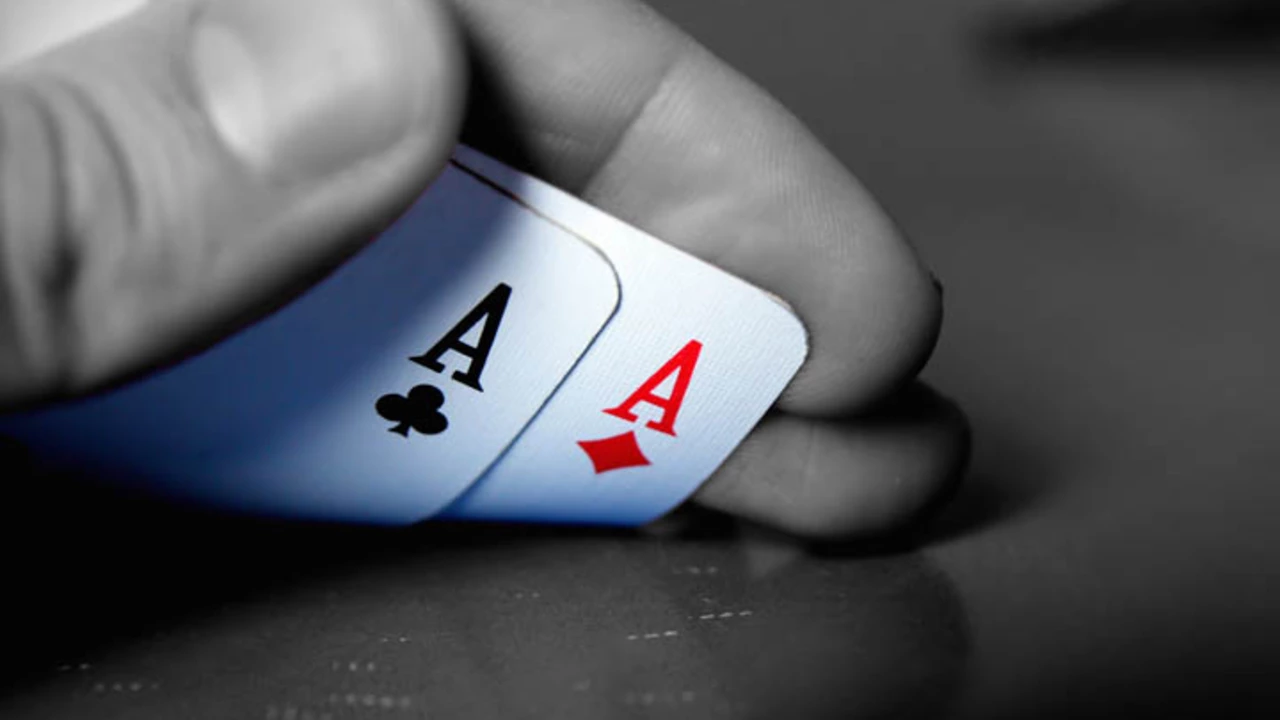Understanding the Basics of Poker
Before we delve into the specifics of when to leave a poker game, it is essential to understand the basics of poker. Poker is a game of skill and strategy, and it requires a good understanding of the game's rules and strategies. The game has different variations, but the common factor in all these variations is the use of cards and the objective to win the pot, which is the sum of bets made by all players in a hand.
Learning how to play poker is not just about knowing the rules or strategies. It is also about understanding the psychology behind the game and how to read other players. This is why poker is often referred to as a 'people's game' because it involves a lot of interaction and observation of other players.
Knowing the Right Time to Join a Game
Joining a poker game may seem simple, but it requires some strategic thinking. You need to consider factors like the number of players, the size of the pot, the skill level of the players, and even the mood at the table. Joining a table with experienced players when you are a beginner might not be the best idea. Similarly, if the mood at the table is tense or hostile, it might not be the most conducive environment for a game of poker.
Another important factor to consider is the time. If you are joining a game late, you might be at a disadvantage as the other players would have already built their stacks. Therefore, it's often advisable to join a game early when the blinds are still low.
Knowing When to Fold
Folding is an integral part of poker strategy. Knowing when to fold is just as important as knowing when to bet or raise. If you have a weak hand, it might be better to fold early rather than risking more of your chips. Similarly, if you are in a bad position or if the pot odds are not in your favour, folding can be the right decision.
Remember, poker is not just about winning every hand. It is also about minimizing losses. Therefore, don't be afraid to fold if you think it's the best decision.
Managing Your Bankroll
Bankroll management is crucial in poker. Your bankroll is the amount of money you have set aside for playing poker. It is important to manage this money wisely to ensure that you don't run out of money and can continue playing.
Your bankroll should be large enough to absorb losses and small enough to not put a dent in your finances if you lose. It's advisable to only use a small percentage of your bankroll in a single game. This way, you can afford to lose a few games without going broke.
Reading Your Opponents
Reading your opponents is a critical skill in poker. It involves observing your opponents' behaviour, betting patterns, facial expressions, and body language to predict their hand strength and their next move. This information can help you make better decisions and gain an advantage over your opponents.
However, reading your opponents is not easy and requires practice and experience. It's also important to remember that your opponents may also be trying to read you. Therefore, it's equally important to control your own behaviour and avoid giving away any information.
Knowing When to Quit
Knowing when to quit is perhaps the most important skill in poker. No matter how good you are, there will be times when you are losing. It's important to recognize these situations and quit before you lose all your money.
Quitting is not a sign of weakness. It is a sign of good judgment and self-control. Remember, poker is a game of skill and luck. If luck is not on your side, there's no shame in quitting and coming back another day.
Playing Responsibly
Playing responsibly is essential in poker. Poker is a form of gambling, and like all forms of gambling, it can be addictive. It's important to play responsibly and not let the game take control of your life.
If you find yourself spending too much time or money on poker, it might be time to take a break. There are also many resources available to help people who are struggling with gambling addiction.
Practicing and Improving
Poker is a game of skill, and like all skills, it requires practice and improvement. The more you play, the better you will become. It's also important to learn from your mistakes and always look for ways to improve your game.
There are many resources available online to help you improve your poker skills. You can watch videos, read books, or even hire a coach. The key is to always keep learning and improving.
Enjoying the Game
Finally, remember to enjoy the game. Poker is a game, and like all games, it should be fun. Don't let the pressure of winning or losing take away from the enjoyment of the game.
Whether you win or lose, the most important thing is that you enjoyed the game and had a good time. After all, that's what games are all about.
